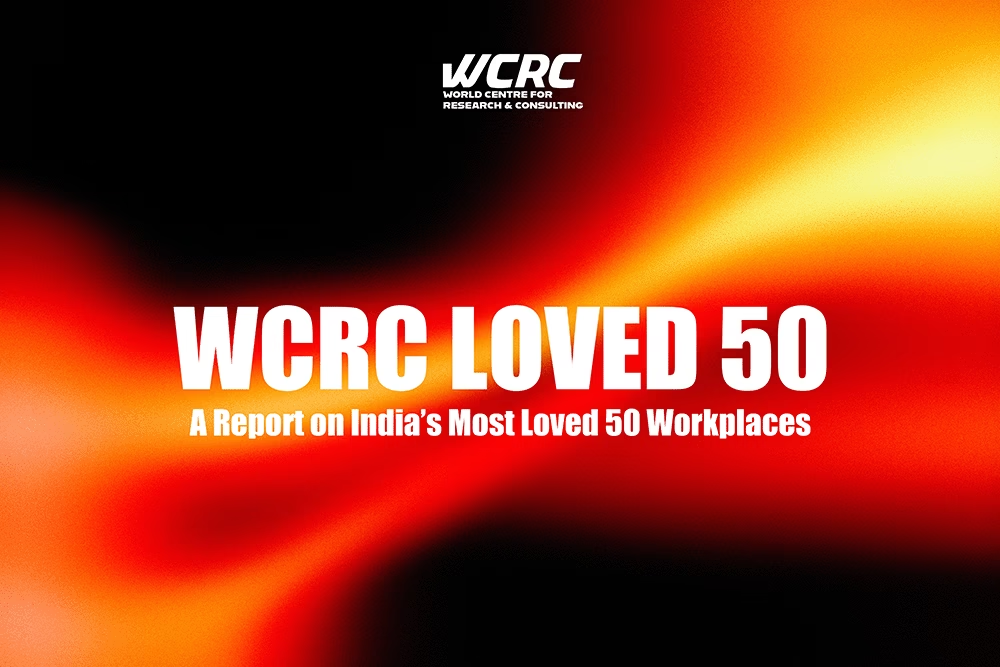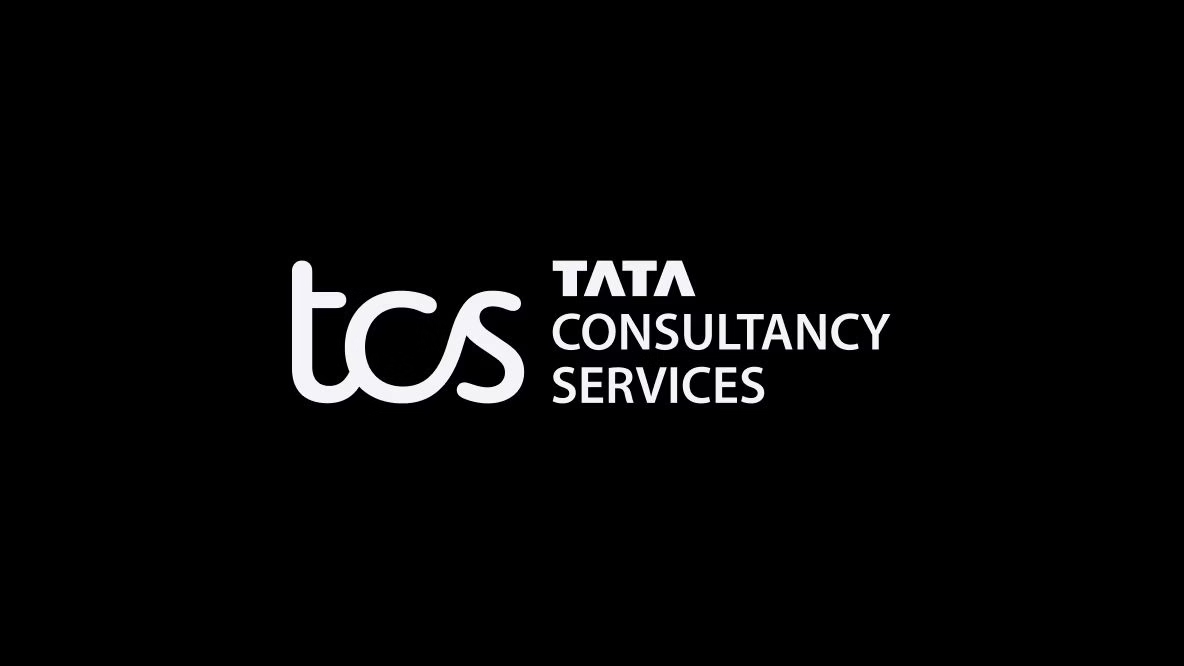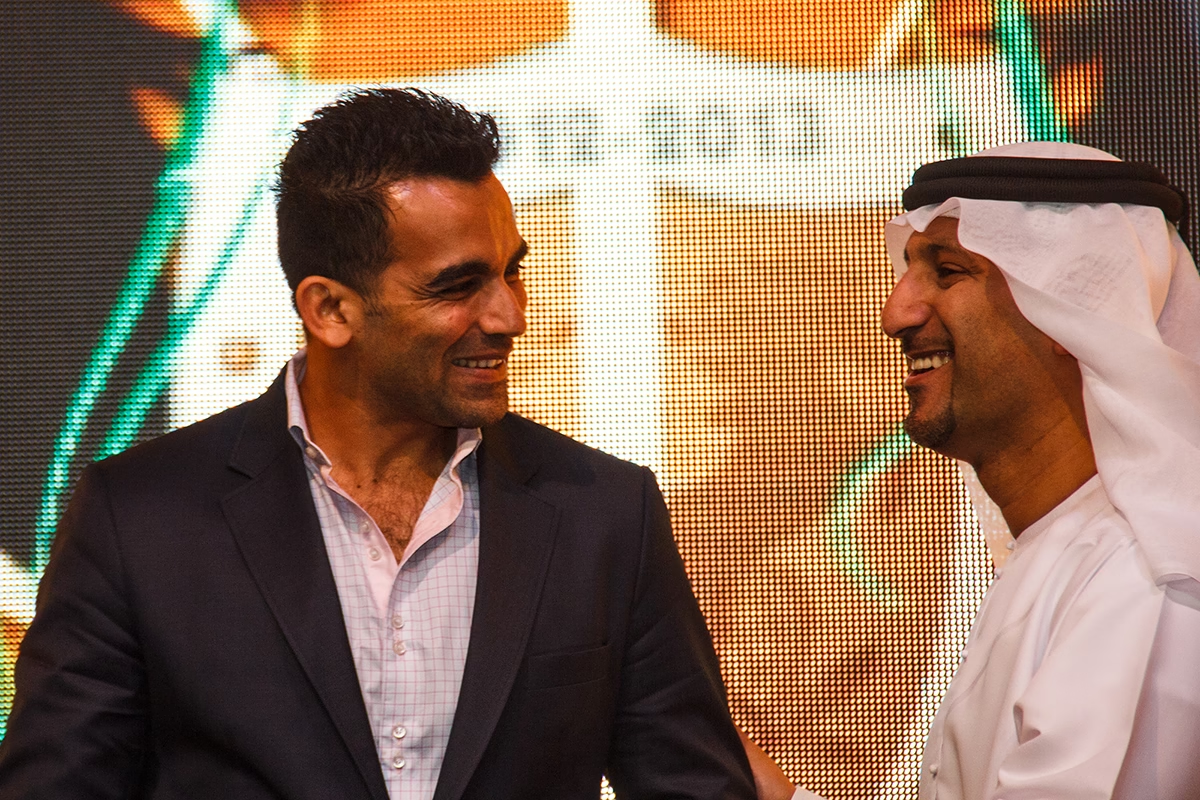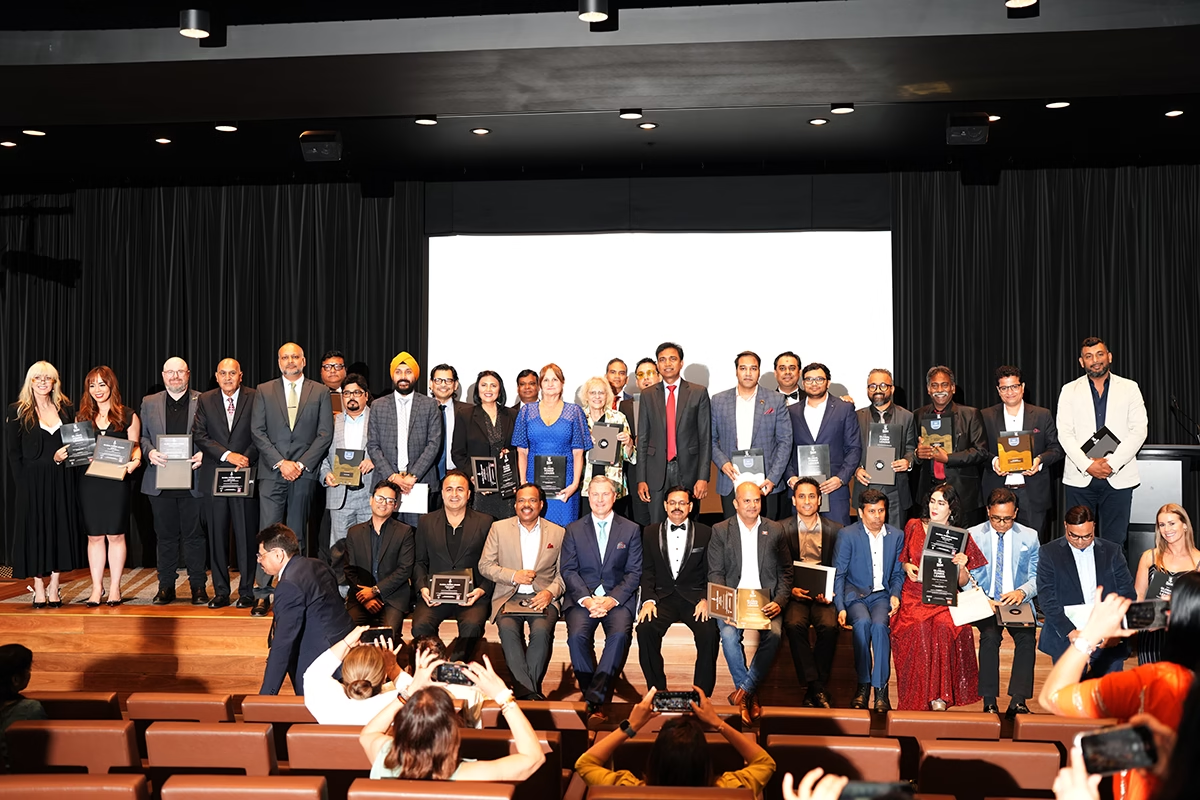Asian College of Journalism (ACJ) is India’s leading post-graduate college offering world-class education in journalism and media studies with specialisation in television, print, digital & new media and radio.
It was founded in 1994 as a premier institute for print journalism by The Indian Express group, and started operating out of its first campus in Bangalore. Later in 2000, it was taken over by a not-for-profit trust founded by journalist and entrepreneur, Sashi Kumar and the campus was shifted to Chennai.
It operates from its new campus at Taramani, Chennai, with a built-up area of 80,000 sq. ft comprising academic, administrative and residential blocks. The campus is equipped with state-of-the-art facilities that enable students to get a hands-on experience in real life journalism. With ten large computer labs, classrooms fitted with modern teaching aids, a large hi-tech multimedia lecture hall, print and new media edit desks with latest production software, two digital TV studios with multi-camera shooting floors and attached production control rooms, ten digital TV edit suites, a digital radio studio section equipped for audio recording, editing and multi-track mixing, the current infrastructure at ACJ is at par with the best in the world.
Graduates from any academic stream are eligible to apply in ACJ. Eligible applicants are put through a written test of English language skills and general knowledge, followed by a personal interview.
Once selected, students undergo 10 months of training, split into two terms.
The first term covers tools, history, philosophy and ethics of journalism as well as nuances of reporting, writing and editing. Students choose to specialise in any of the four streams – print, television, new media and radio in the second term. They fine tune their skills in a more realistic environment under the able guidance of highly experienced faculty members and industry experts.
As a part of their training, students are compulsorily made to take a course in Covering Deprivation. Through lectures, discussions and field trips, students are taught to discern, analyse and report on the socio-economic, political, environmental and other factors that affect deprivation.
Students are encouraged to publish their own news. Those pursuing a specialisation in print, publish a regular lab newspaper, The Word, while students in the broadcast stream produce TV and Radio news programmes and documentaries. New Media students produce a weekly e-zine of news and public affairs.
Student development at ACJ happens under the guidance of some of the finest talents in Indian mainstream journalism. ACJ students are recruited by almost all leading media houses in India and many have gone on to shine as reporters and editors.













